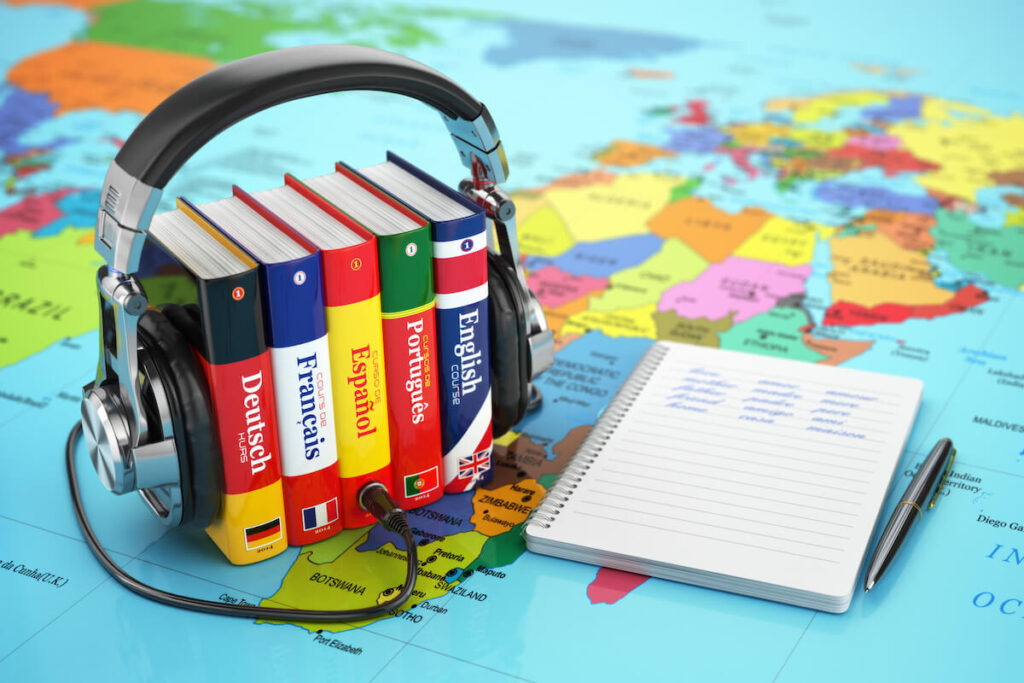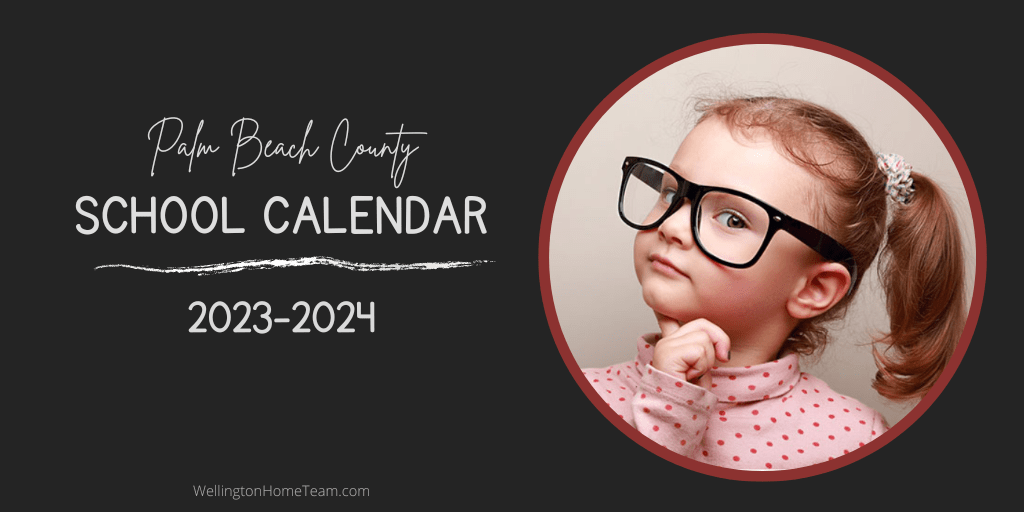When it comes to learning a new language, the best way to get started is by finding a course that you’re interested in. There are plenty of online courses available, and many of them come with authentic materials and native speakers. However, if you want to learn a new language without any formal instruction, you can use resources like conversation pods or podcasts.
Start Learning A New Language Today
If you’re looking to start learning a new language this year, there are plenty of resources and tools out there to help. And if you’re already in the process of learning a new language, don’t forget to start blogging about your experiences! Here are some tips for starting a blog about your language learning journey:
- Choose a topic that interests you. If you’re already interested in the culture and history of a certain language, focusing your blog on that can be a great way to connect with other language learners who share your interest. Or, if you’re passionate about teaching languages, choosing a topic related to teaching can be an interesting way to get started.
- Decide on a writing style. While it’s not necessary to write in complete sentences or paragraphs, making sure your writing is easy to follow and well organized will help readers follow your thoughts and progress as you learn more about your new language. Try keeping things simple and avoid using complex grammar rules unless you have a good understanding of them.
- Find reliable sources of information. Once you’ve decided on a topic and writing style, it’s important to find reliable sources of information that will support.
How to Learn A New Language Faster
Learning a new language can be a daunting task, but there are ways to make the process easier. Here are five tips to help you learn faster:
- Start with the basics. First, get comfortable with the basic grammar and vocabulary of the language. If you know these basics well, you’ll be able to move on to more complex concepts more quickly.
- Use listening exercises. Once you have a good understanding of the grammar and vocabulary, start using listening exercises to practice your skills. This way, you can hear the language being used in real life situations and learn how to use it correctly.
- Get creative. Another way to speed up your learning process is to get creative and find new ways to practice your language skills. For example, if you’re learning Spanish, try reading Spanish novels or watching Spanish movies.
- Use flashcards and drills. One of the best ways to cement what you’ve learned is to use flashcards and drills. This way, you can test yourself on what you’ve learned and keep track of your progress at the same time.
- Connect with others who are learning the same language.
What Activities Make Language Learning Easier
If you’re looking for ways to make language learning easier, there are plenty of activities out there that will suit your needs. Whether you’re a beginner or an experienced learner, these activities can help you learn new vocabulary, grammar, and pronunciation quickly.
Take a language course. Courses offer structured learning with a native speaker tutor, which is a great way to improve your language skills.
Use online tools. There are dozens of online tools that can help you improve your language skills. Some examples include Rosetta Stone, Duo lingo, and Mesmerism.
Learn a new word every day. This is one of the most effective ways to learn new vocabulary. Try to learn at least one new word every day to increase your vocabulary size and comprehension ability.
Play games in your target language. Games are a great way to practice your new skills and have fun at the same time! Some popular games to play in languages include Scrabble, Word Search, Hangman, and Crosswords.
Take quizzes and tests. Quizzes and tests can help you measure your progress and give you an idea of where you need to focus on next.
Combine different methods
There are a lot of different ways to learn a new language. Some people prefer to study grammar rules and vocabulary lists exclusively, while others take a more interactive approach and learn by speaking the language with native speakers. There’s no “right” way to learn a new language, so find what works best for you and mix and match different methods until you find what works best for you.
Here are some ideas to get started:
- Listen to music in the language you’re learning, as it can help you retain information better.
- Watch movies or TV shows in the language you’re learning, as they often use the language in scenes that are relevant to learning it.
- Take online classes or lectures in the language you’re learning, as this type of learning is often more interactive and engaging than studying grammar rules or vocabulary lists.
Conclusion
Before you embark on a journey to learn a new language, it is important to have some idea of what you want to achieve. Once you know what your goals are, it will be much easier to focus your efforts and get the most from your learning experience.











